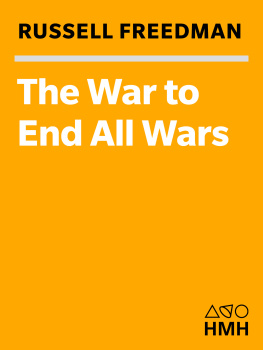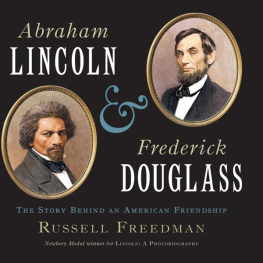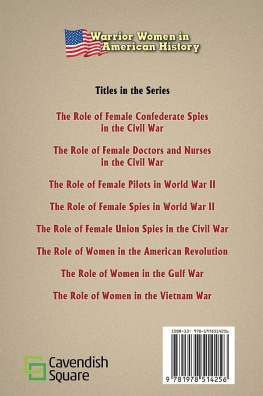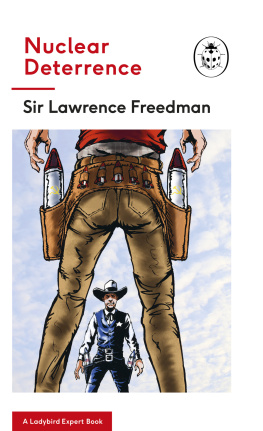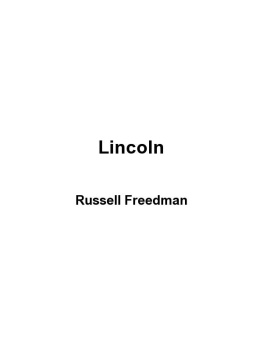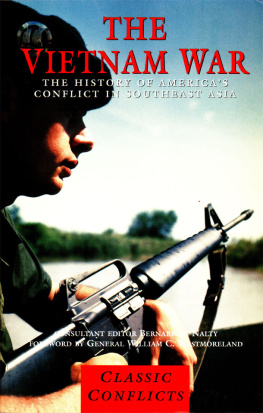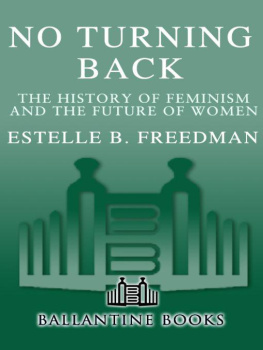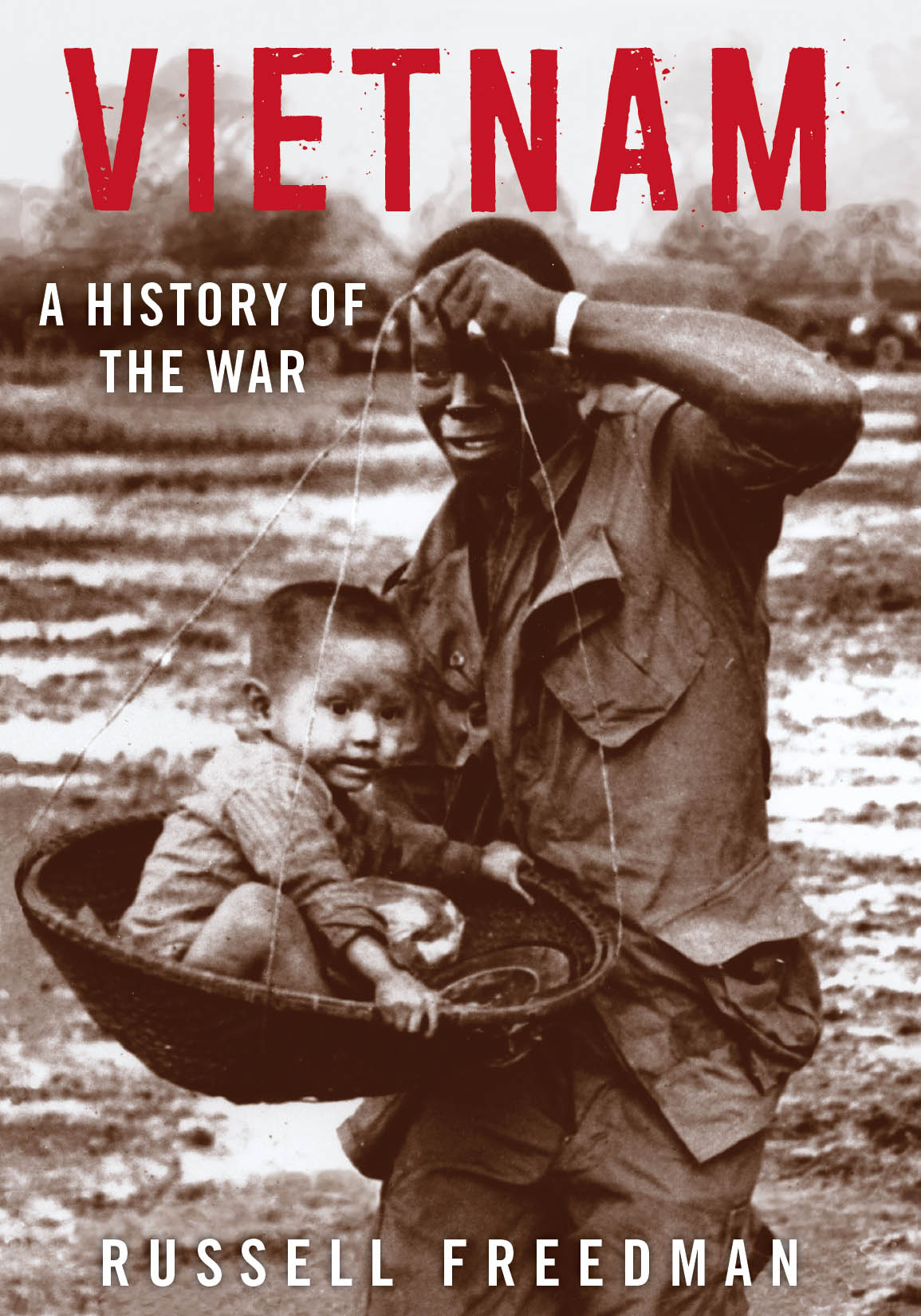
The names of more than 58,000 American service members who died in Vietnam are inscribed on this wall at the Vietnam Veterans Memorial in Washington, D.C.
VIETNAM

A History of the War
Russell Freedman
Holiday House / New York
Copyright 2016 by Russell Freedman
All Rights Reserved
HOLIDAY HOUSE is registered in the U.S. Patent and Trademark Office.
www.holidayhouse.com
ISBN 978-0-8234-3748-1 (ebook)w
ISBN 978-0-8234-3749-8 (ebook)r
Map on Map Resources
Picture Credits appear on
Library of Congress Cataloging-in-Publication Data
Names: Freedman, Russell, author.
Title: Vietnam : a history of the war / Russell Freedman.
Description: First edition. | New York : Holiday House, 2016. | Includes bibliographical references.
Identifiers: LCCN 2016001051 | ISBN 978-0-8234-3658-3 (hardcover)
Subjects: LCSH: Vietnam War, 19611975Juvenile literature.
Classification: LCC DS557.7 .F739 2016 | DDC 959.704/3--dc23 LC record available at http://lccn.loc.gov/2016001051
To Jacob Jagelski

ACKNOWLEDGMENTS
Im grateful to my first readers, Donna Brook and Evans Chan,
whose insightful comments on the manuscript are
substantial contributions to this book.
Russell Freedman, New York City,
April 10, 2016

A soldier on defense duty at Phouc Vinh airstrip in South Vietnam
CONTENTS
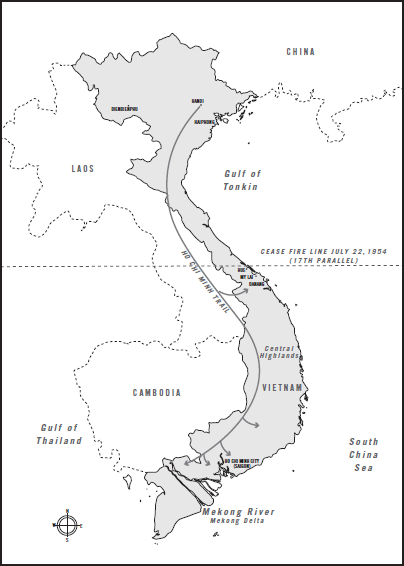
There never was a good war or a bad peace.
Benjamin Franklin
1. The Last Man to Die in Vietnam
Americas war in Vietnam was in its seventh year, with no end in sight, when 2,000 decorated veterans staged a four-day invasion of Washington, D.C., in April 1971. Wearing their combat medals on tattered military fatigues, they camped overnight on the grassy mall near the Capitol and sang God Bless America at daybreak outside the Supreme Court. Then they marched to the Capitolsome in wheelchairs or on crutches because of their war woundsand, in a defiant act of protest, ripped off the medals they had received for their service in Vietnam and hurled them onto the Capitol steps.
Rarely had the United States witnessed a mass rebellion of this kind among the nations returning war veterans. Some Americans were outraged.
The veterans had come home from Vietnam with the unsettling conviction that America was fighting a senseless war against a small country that posed no threat to the United States. The Vietnam War, they believed, was killing Americans and Vietnamese without a justifiable cause, damaging Americas reputation in the rest of the world and betraying the democratic and humanitarian values that Americans held dear.

Carrying banners and waving flags, 200,000 demonstrators marched at this massive rally in Washington, D.C., on April 24, 1971, to protest the war in Vietnam.
Opposition to the war had been growing steadily since 1965, when the first American combat troops arrived in Vietnam. By 1971, close to 3 million Americans had served in that distant country. Antiwar marches and demonstrations were drawing increasingly angry crowds in cities across America, and yet the carnage in Vietnam continued. A majority of Americans had come to believe that the Vietnam War was a mistakea disaster in the making.
The veterans protest marked the beginning of a massive antiwar rally that drew 200,000 protesters to the nations capital on April 24. Holding blue-and-white placards that read ENOUGHOUT NOW, the crowd gathered beneath budding trees on the rolling green grounds of Capitol Hill as speakers demanded that Congress stop the bloodshed and end the conflict that had so sharply divided America.
Earlier that week, John Kerry, a decorated twenty-seven-year-old navy veteran of two tours in Vietnam, transfixed the Senate Foreign Relations Committee with his anguished testimony against the war. Kerry had served as an officer on swift boats, the small, fast aluminum craft used for patrol duties off the Vietnam coast and along the countrys rivers. Wounded three times, he had been awarded the Bronze Star and the Silver Star along with his three Purple Hearts. On his return from Vietnam he had become a fierce campaigner against the war. In years to come, he would serve as a U.S. senator from Massachusetts and as President Barack Obamas secretary of state.
In 1971, Kerry was a spokesman for Vietnam Veterans Against the War, founded in 1967 by six veterans marching together in a peace demonstration. Kerry told the Senate hearing that too few lawmakers were willing to take courageous stands against the war, and too many of the nations leaders were intimidated by a supposed Communist threat in a backward country halfway around the world. He charged that American soldiers were dying to support a corrupt and dictatorial regime in South Vietnam. The people of that country, he said, only want to work in their rice paddies without helicopters strafing them and bombs with napalm burning their villages.
In our opinion and in our experience, Kerry continued, there is nothing in South Vietnam that realistically threatens the United States of America. And to attempt to justify the loss of one American life by linking such a loss to the preservation of freedom... is to us the height of criminal hypocrisy. It is that kind of hypocrisy which we feel has been tearing this country apart.
Kerry ended his testimony by demanding, Where are the leaders of our country? How do you ask a man to be the last man to die in Vietnam? How do you ask a man to be the last man to die for a mistake?

John Kerry receives a medal of valor for his actions during the Vietnam War.
John Kerrys words to the Senate aroused intense passions. His testimony was cheered by Americans demanding an immediate end to the war and denounced by the wars determined supporters, who claimed that Americas honor was at stake.
Was the Vietnam War a tragic mistake? Or was it, as President Ronald Reagan would claim, a noble cause?
2. The Vietnamese: The Long Road to Revolution
When World War II ended in 1945, not many Americans could find Vietnam on a map, and fewer still had ever been there. A small S-shaped agricultural country tucked into a distant corner of Southeast Asia, it stretched along some 800 miles of coastline from China in the north to the Gulf of Thailand in the south. Cambodia and Laos were on the west, the China Sea on the east.


